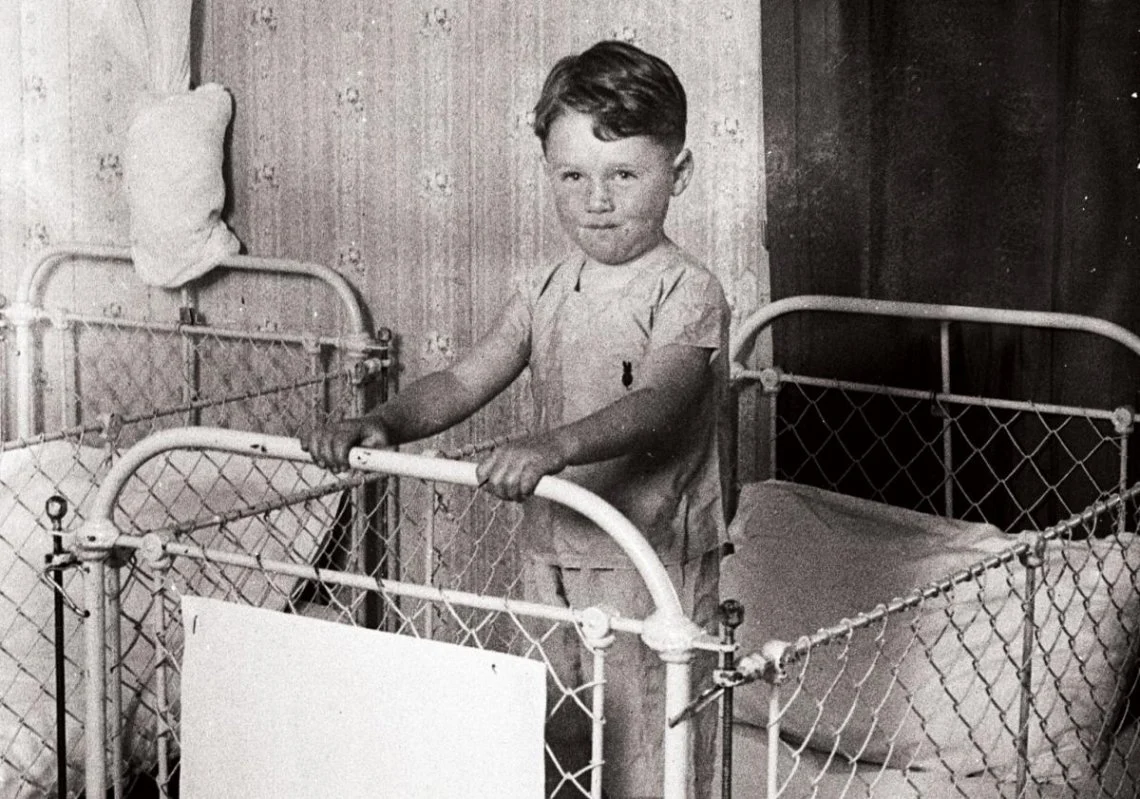Research
University of South Australia - Forgotten Australians and the housing system

This report outlines the findings of a rapid review of the evidence base relating to the interaction of Forgotten Australians (people who spent time in institutional care as children prior to 1990) with the housing system. The review was guided by the following research questions:
- What are the impacts of experiencing institutional care in childhood that may affect how people interact with the housing system?
- What evidence exists about how people who experienced institutional care in childhood interact with the housing system?
- Are there gaps in the evidence base which may undermine the capacity of the housing system to address the specific needs that people who experienced institutional care in childhood may have?
The review comprised an analysis of existing literature and consultation with relevant stakeholders.
The review found that there are significant gaps in the evidence base relating toForgotten Australians’ housing experiences and outcomes. The existing evidence demonstrates that the trauma, neglect and abuse experienced by many ForgottenAustralians in childhood institutional care has lasting effects. Such effects include disability, physical and mental health issues, financial disadvantage and relationship problems.
The evidence is relatively robust in this area. The ongoing effects of childhood institutional care described above make it more likely that ForgottenAustralians will experience sub-optimal housing outcomes throughout their lives, but the evidence here is more limited. It appears that during midlife Forgotten Australians are at greater risk of rental stress, housing insecurity and homelessness, while in older age they are more likely to need intensive, specialised housing and aged care supports.
The report can be accessed here.